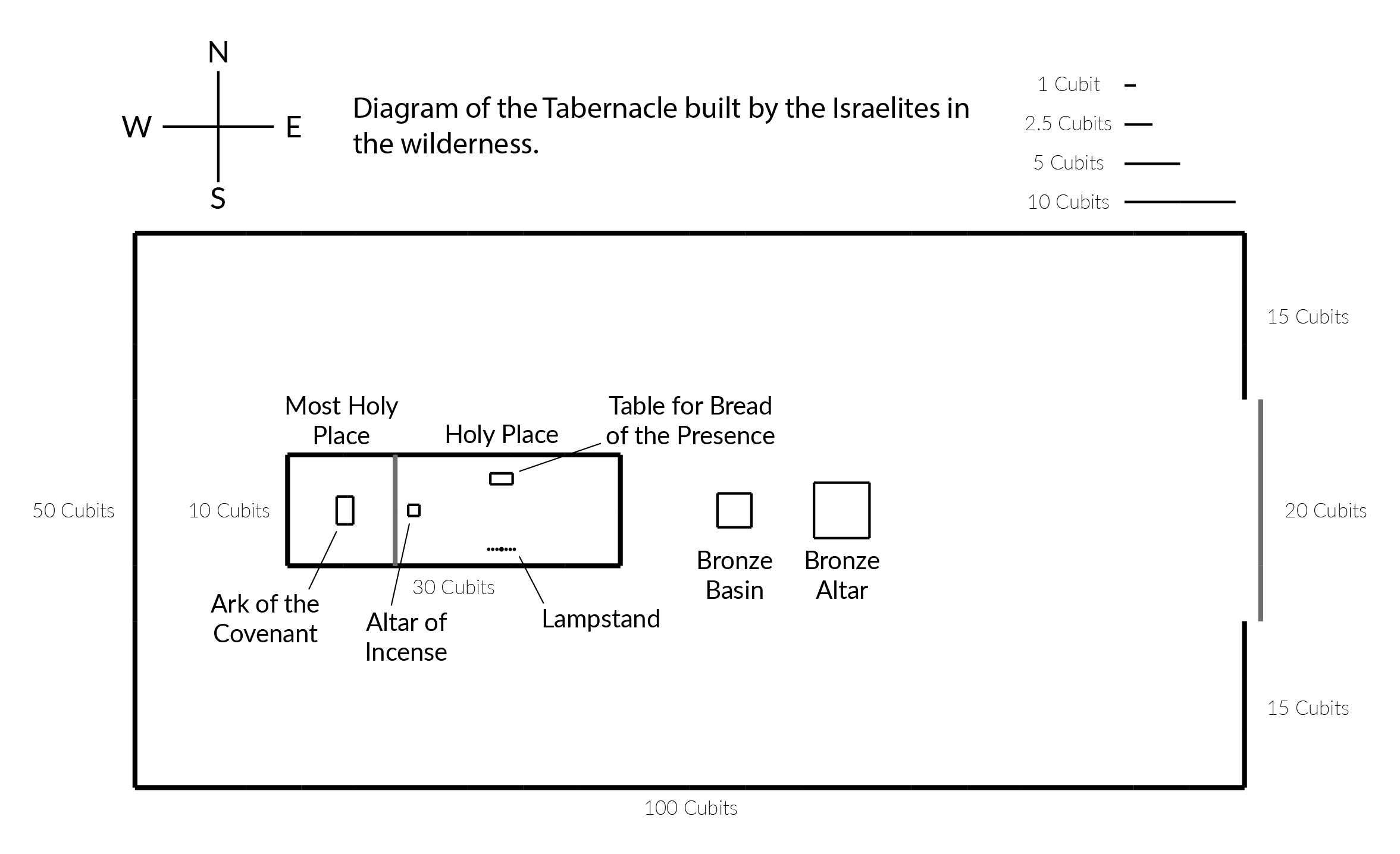Numbers 19 Summary: A Concise Overview in 5 Minutes
Numbers 19 Summary - A Quick Overview
WHEN:
God’s commands in Numbers 19 appear to have been given during the 40 years the Israelites were living in the wilderness as a punishment for their faithlessness (14:33-35).
The Israelites were in the wilderness from approximately 1490-1450 B.C.
CHARACTERS:
Moses – Moses was selected by God to lead the Israelites to Canaan. God spoke directly to Moses and Moses communicated God’s words to the people.
Aaron – Moses’ brother and the High Priest of Israel.
Aaron’s Sons – Eleazar and Ithamar served under their father as priests.
WHERE:
The Israelites were camped in the wilderness of Paran at Kadesh (13:26), but God told them to turn around and go back into the wilderness “by the way to the Red Sea” (14:25). They remained in the wilderness 40 years.
OUTLINE:
THE WATER FOR IMPURITY (19:1-10):
In order to make a special water for the purification of unclean Israelites, God told Moses to have Eleazar kill a red heifer outside the camp.
Eleazar was to take the animal’s blood on his finger and sprinkle it 7 times in the direction of the Tabernacle.
The animal was to be burned along with cedarwood, hyssop, and scarlet yarn.
After completing these steps, Eleazar was considered unclean until the evening and was required to wash his clothes.
Another man was instructed to gather up the ashes of the red heifer and save them in a clean place outside the camp because they were to be used to make the “water of impurity.”
PURIFICATION FOR THOSE WHO CAME INTO CONTACT WITH A DEAD BODY (19:11-22):
Anyone who touched a dead body was to be considered unclean for 7 days.
They were required to wash themselves on the 3rd and 7th day with the water of impurity.
Anyone who didn’t wash themselves as commanded was to be “cut off from Israel.”
If a person died in a tent, everyone in the tent was unclean 7 days.
If a person touched a human bone or a grave, they were unclean 7 days.
In these instances, the water of impurity was to be mixed with fresh water and a clean person was to sprinkle the water on the unclean individual(s) with the hyssop plant. This was to be done on the 3rd and 7th day.
On the 7th day, after washing themselves and their clothes, the unclean individuals were made clean again.
APPLICATION:
Washing in water for the purpose of spiritual purification was common amongst the Jews in the Old Testament.
The Jews even created traditions around hand washing for ceremonial cleanliness.
It isn’t surprising that Jesus carried this imagery forward in the practice of baptism.
Jesus told Nicodemus a person must be born again “of water and the Spirit” if he wants to enter the Kingdom of God.
When Ananias was about to baptize Paul, he said, “And now why do you wait? Rise and be baptized and wash away your sins, calling on his name.”
DIAGRAM OF THE CAMP OF ISRAEL:
DIAGRAM OF THE TABERNACLE:



